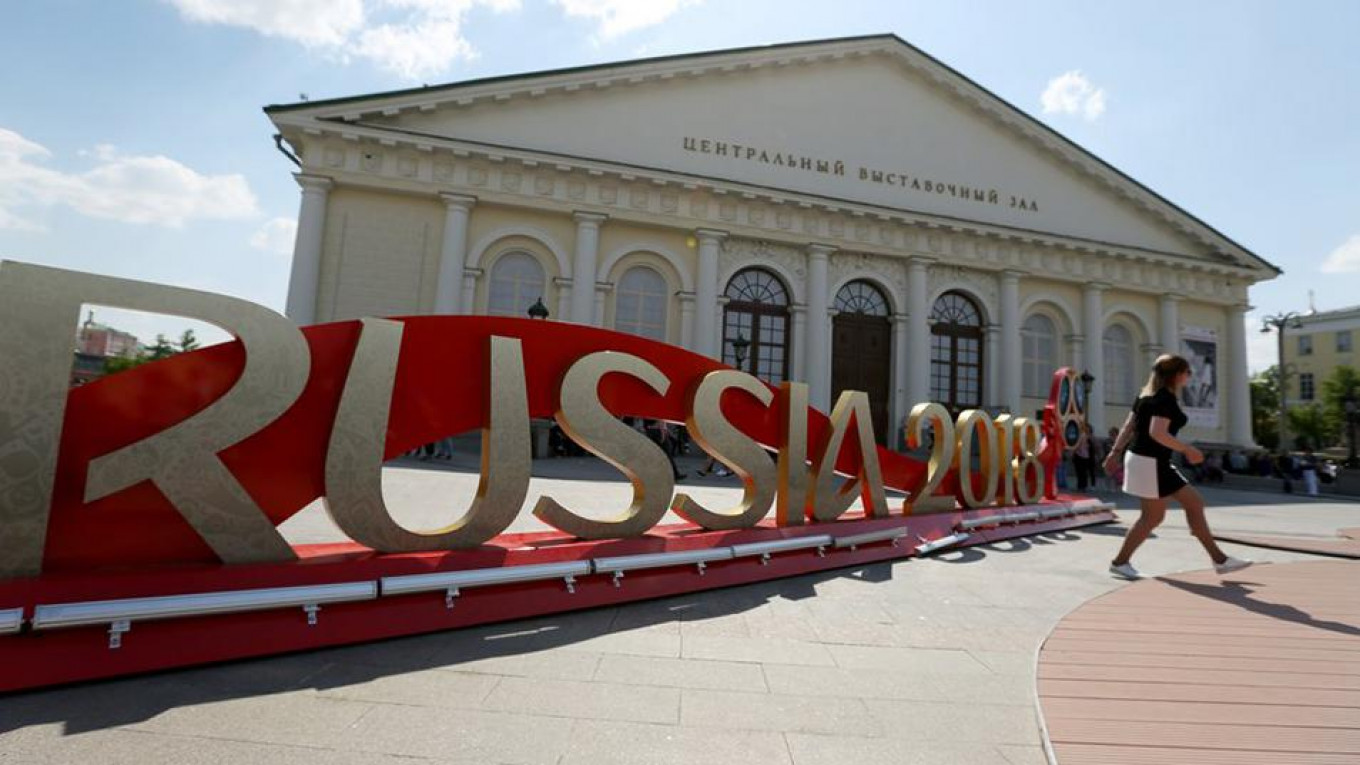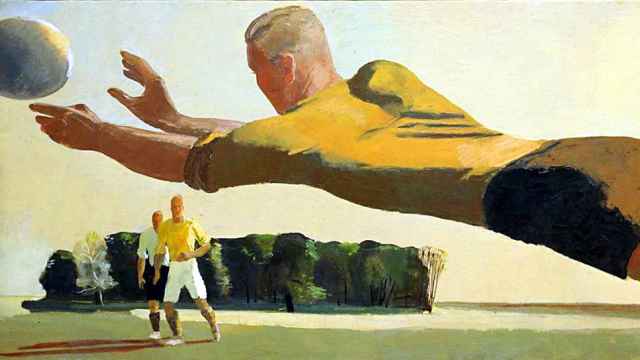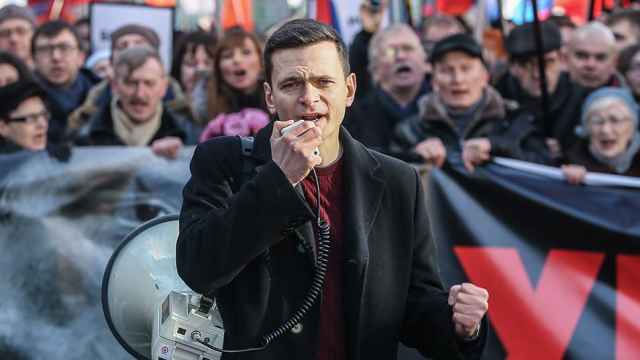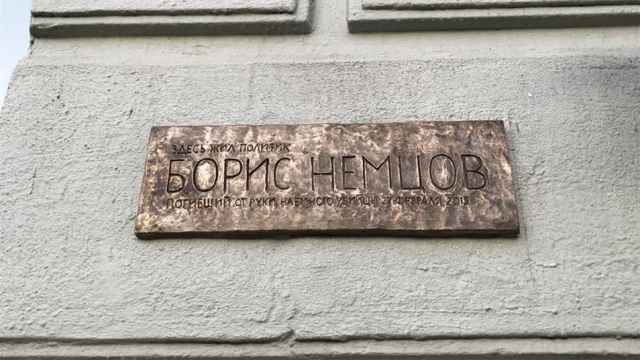On a short trip to Moscow for the first time in years, my brother could not stop raving about the revamped city center, its broad sidewalks, leafy beer gardens and fairy lights.
Moscow isn’t half-bad these days, especially with its World Cup primping. The fans here for the tournament won’t be disappointed. But what’s under the glitter is another story.
There are the labor abuses against workers on World Cup stadium construction sites, including wage delays, unsafe working conditions and worker fatalities. But the problem is even broader than that. Russia today is at its most repressive since the Soviet era.
In 2012, 18 months after Russia was chosen to host the tournament, the authorities were apparently spooked by massive anti-Kremlin protests. They launched an unprecedented human rights crackdown, which only intensified in 2014, in the wake of Russia’s occupation of Crimea.
With traditional media largely under state control, the government stepped up its efforts to suppress free expression online. It pushed a raft of laws regulating data storage through the Russian parliament, unjustifiably restricting users’ access to information and ensuring that confidential user information and the content of communications be made available to the security services.
Earlier this year, the Russian authorities blocked Telegram, a popular internet-based messaging service, over its refusal to hand over its encryption keys. They shut down millions of IP addresses in an attempt to stop Telegram from operating, disrupting online services which included search engines, online shopping and airline booking websites.
The government increasingly conflates criticism with “extremism.” It then misuses the country’s extremely broad anti-extremism legislation to shut down hundreds of websites and prosecute people for social media posts and online videos. People are jailed in Russia today for criticizing the Kremlin’s actions in Syria and in Ukraine.
As part of an all-out assault on public protests, police arbitrarily detain peaceful protesters while courts dutifully slap them with short-term jail sentences and fines. Last month around 1,600 people, including 158 children, were detained in 27 cities during the “He’s Not Our Tsar” political protests. Authorities pressure universities and parents to discourage students from participating in protests. Last summer, a law student in Kaliningrad, one of the World Cup host cities, was expelled over his role in anti-corruption demonstrations.
Members of the LGBT community are second-class citizens in Russia by virtue of the infamous “gay propaganda” ban. And there has been zero accountability for last year’s anti-gay purge in Chechnya, when local security officials unlawfully rounded up and tortured dozens of presumably gay men.
As Chechnya welcomes the Egyptian national team to its capital for World Cup training, the Chechen director of Russia’s leading rights group Memorial, Oyub Titiev, is in jail pending trial on bogus marijuana possession charges. The head of Chechnya, Ramzan Kadyrov, and his associates retaliate against even the mildest dissent with brutal repression and Kadyrov has repeatedly threatened and smeared human rights defenders. The case against Titiev is clearly aimed at pushing Memorial out of the region.
Titiev’s imprisonment could cast a shadow on the tournament. It would only take one phone call from Russian President Vladimir Putin, Kadyrov’s patron, to secure Titiev’s release. The leader of FIFA, Gianni Infantino, should use his leverage with the Kremlin to press for Titiev’s freedom.
In a small town in northern Russia, far from World Cup glory, Oleg Sentsov, a filmmaker from Crimea, is serving a 20-year prison term. In 2015, he was convicted on trumped-up terrorism charges in a political show trial. On May 14, he began a hunger strike to demand the release of dozens of Ukrainian nationals jailed in Russia andin Crimea on politically motivated charges.
Will Russia release Sentsov and Titiev, as it released several prominent political prisoners around the 2014 Sochi Olympics? Or will it let these disturbing cases and other abuses mar the World Cup celebrations?
Tanya Lokshina is Russia program director at Human Rights Watch. The views and opinions expressed in opinion pieces do not necessarily reflect the position of The Moscow Times.
A Message from The Moscow Times:
Dear readers,
We are facing unprecedented challenges. Russia's Prosecutor General's Office has designated The Moscow Times as an "undesirable" organization, criminalizing our work and putting our staff at risk of prosecution. This follows our earlier unjust labeling as a "foreign agent."
These actions are direct attempts to silence independent journalism in Russia. The authorities claim our work "discredits the decisions of the Russian leadership." We see things differently: we strive to provide accurate, unbiased reporting on Russia.
We, the journalists of The Moscow Times, refuse to be silenced. But to continue our work, we need your help.
Your support, no matter how small, makes a world of difference. If you can, please support us monthly starting from just $2. It's quick to set up, and every contribution makes a significant impact.
By supporting The Moscow Times, you're defending open, independent journalism in the face of repression. Thank you for standing with us.
Remind me later.








